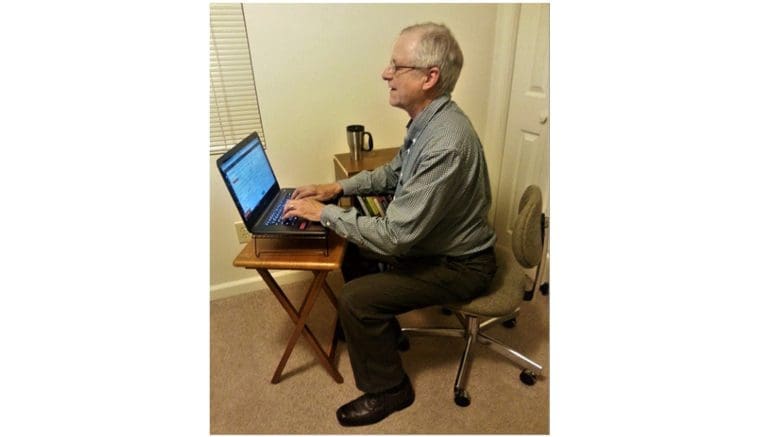I took down an article I’d posted recognizing Arab American Heritage Month because it contained a reading list from a third-party source that included non-Arab-American authors. I’ve contacted the compiler of the list and have asked them to correct it.
The mea culpa is that I should have vetted the list myself before publishing it. Once a reader pointed out the error, it only took me a few seconds to realize that the person who wrote the list conflated “Muslim” with “Arab.” The immediately obvious thing was that Hena Khan was included on the list, and she’s neither of Arab nor of Middle Eastern descent.
The error on my part was on not independently vetting the list. It’s not like I don’t know better.
Muslims are not necessarily Arab, and Arabs are not necessarily Muslims, and Muslims are not necessarily Middle Eastern. The original list seems to have been put together by searching on Muslim writers, since there was a mix of Muslim writers of differing origins and nationalities.
Also, Arab-Americans are not Egyptians, or Lebanese, or Morrocan, or Iraqi, although that might be their heritage. They are Americans by nationality, and Arab by heritage.
So when we use the term Arab-Americans, the meaning should clearly be an American of Arab heritage. Arab language, ethnicity and culture spans many majority-Arab nations in north Africa and the Middle East, and dozens of other nations, including the U.S., have substantial minorities of Arab descent.
Arab American Heritage Month
Having done my error correction and apology, I’m going to reprint part of the original posting, since the intent was to recognize Arab American Heritage Month.
April is Arab American Heritage Month.
The month of April received this designation from the U.S. State Department last year, and Secretary of State Anthony Blinken issued the following statement:
This month, we recognize National Arab American Heritage Month and honor the contributions of this diverse community to America. Immigrants with origins from the Arab world have been arrivingCobb Public Library to the United States since before our country’s independence and have contributed to our nation’s advancements in science, business, technology, foreign policy, and national security.
The litany is long and includes Private Nathan Badeen, a Syrian immigrant who fought and gave his life during the American Revolution.
At the State Department, we recognize tremendous diplomats such as Ambassador Philip Habib, former Under Secretary for Political Affairs, who played a prominent role in the Vietnam peace talks resulting in the 1973 Paris Peace Accords and later successfully pursued a ceasefire in Lebanon.
We also recognize Ambassador Selwa “Lucky” Roosevelt, who served the President and Secretary of State as the Chief of Protocol of the United States from 1982-1989, nearly 7 years and longer than anyone else prior. The Department is fortunate to have had these and so many other talented Arab American colleagues, who strive every day to protect and promote the interests and values of the American people, while representing the United States to the world.

Thanks for making yourself accountable for accuracy here. I really enjoy the work you’re doing and get a lot out of it.